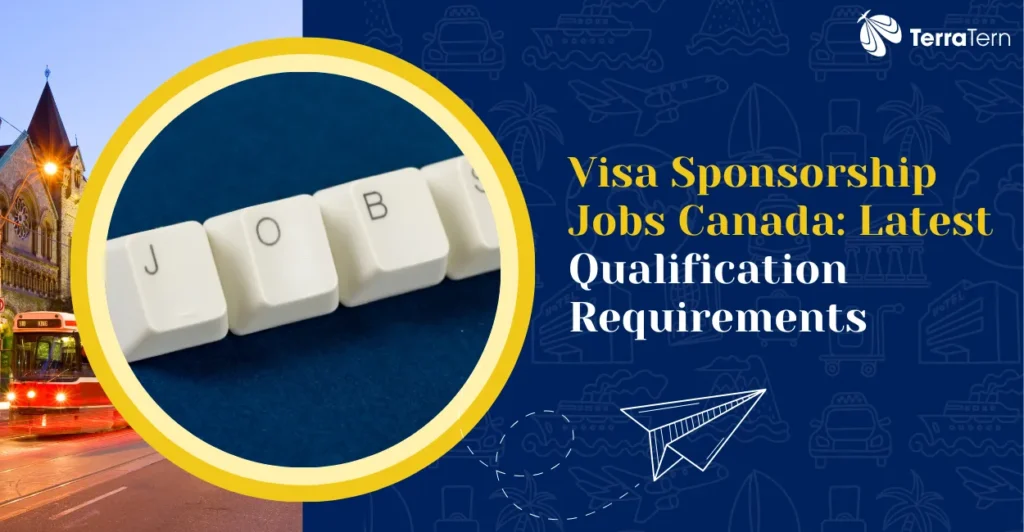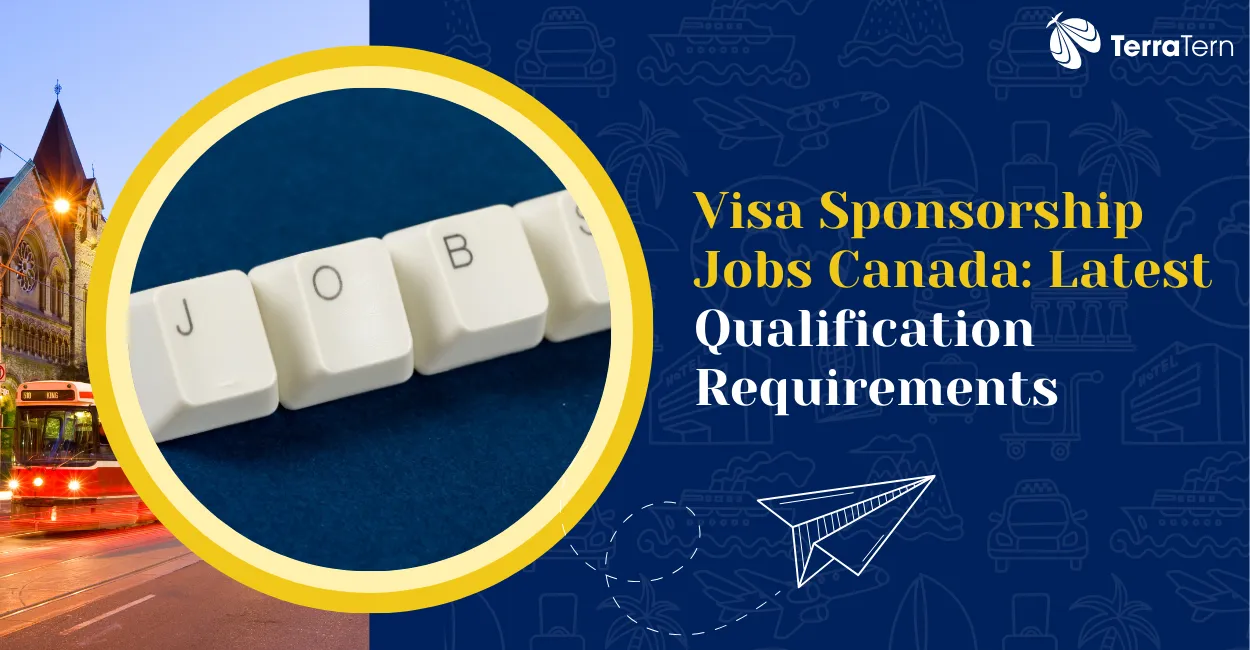Visa Sponsored $85000 Medical Specialist Jobs In Canada
Visa-Sponsored Medical Specialist Jobs in Canada
Canada’s healthcare system is actively seeking qualified medical specialists to address a growing demand for specialized care, particularly in underserved areas. This presents a unique opportunity for international healthcare professionals to build fulfilling careers while making a tangible impact. This guide provides a comprehensive overview of how to secure a visa-sponsored medical specialist job in Canada, covering everything from eligibility and application steps to benefits, challenges, and tips for success.

High-Demand Medical Specialties in Canada (Visa Sponsorship Opportunities)
Canada faces a shortage of specialists in several key areas. Securing a visa-sponsored position is most likely in these high-demand fields:
- Psychiatry: The increasing awareness of mental health issues has created a significant need for psychiatrists across Canada, especially in remote and rural communities.
- Family Medicine/General Practitioners: Family doctors are the cornerstone of primary care, and their services are highly sought after, particularly in rural and remote regions.
- Internal Medicine: Specialists in internal medicine are in high demand in urban centers, addressing complex health conditions.
- Radiology: Diagnostic imaging is crucial in modern healthcare, making radiologists a critical need across the nation.
- Anesthesiology: The increasing number of surgical procedures has led to a consistent demand for anesthesiologists, particularly in large hospitals.
- Pediatrics: Specialists in child healthcare are needed in various locations, ensuring the well-being of Canada’s youngest population.
- Cardiology: With an aging population, the need for cardiologists is on the rise.
- Oncology: Cancer care specialists are in demand across the country.
Eligibility Requirements for Medical Specialist Visa Sponsorship in Canada
To practice medicine in Canada, international medical specialists must meet specific eligibility criteria:
- Medical Qualifications and Certifications:
- A recognized medical degree from a reputable institution listed in the World Directory of Medical Schools.
- Completion of a medical residency program in your specialty area.
- Postgraduate qualifications or specialty board certification (e.g., from the American Board of Medical Specialties or equivalent) may be required for certain specializations.
- Canadian Medical Licensing Exams:
- Successful completion of the Medical Council of Canada Qualifying Exam (MCCQE) Part I. This is a fundamental requirement for all physicians seeking licensure in Canada.
- Specialty-specific examinations administered by the Royal College of Physicians and Surgeons of Canada (RCPSC) are also required. These exams assess your knowledge and skills in your chosen specialty.
- Language Proficiency:
- Fluency in either English or French is mandatory. You’ll need to demonstrate your proficiency through standardized language tests:
- English: International English Language Testing System (IELTS) – Academic or General Training, or the Canadian English Language Proficiency Index Program (CELPIP-General).
- French: Test d’évaluation de français (TEF) or the Test de connaissance du français (TCF).
- Fluency in either English or French is mandatory. You’ll need to demonstrate your proficiency through standardized language tests:
- Job Offer from a Canadian Healthcare Employer:
- A formal job offer from a Canadian healthcare institution (hospital, clinic, or healthcare network) is usually a prerequisite for visa sponsorship. This offer demonstrates that a Canadian employer is willing to hire you and sponsor your work visa.
- Labour Market Impact Assessment (LMIA):
- In most cases, your prospective employer will need to obtain a positive LMIA from Employment and Social Development Canada (ESDC). The LMIA confirms that hiring a foreign medical specialist will not negatively impact the Canadian labor market and that no qualified Canadian citizens or permanent residents are available for the position. It’s important to understand that the employer, not the employee, applies for the LMIA.
- Provincial/Territorial Medical Licensing:
- Each province and territory in Canada has its own regulatory body for medical professionals (e.g., the College of Physicians and Surgeons of Ontario). You must apply for and obtain a medical license from the province or territory where you intend to practice. Provincial licensing requirements vary and may include additional exams, assessments, or clinical experience requirements. Contact the relevant licensing body directly for specific details. [Include links to provincial licensing bodies].
Steps to Obtain Visa Sponsorship as a Medical Specialist in Canada
- Research and Identify Opportunities: Explore job boards, healthcare recruitment websites, and professional networks to find potential employers actively seeking medical specialists. [Include links to relevant job boards and recruitment agencies].
- Network with Healthcare Professionals: Attend conferences, join professional associations (e.g., the Canadian Medical Association), and connect with medical professionals working in Canada. Networking can open doors to unadvertised opportunities.
- Secure a Job Offer: Apply for positions that match your qualifications and experience. Tailor your resume and cover letter to highlight your skills and experience relevant to the specific job and the Canadian healthcare context.
- LMIA Application (Employer’s Responsibility): Once you have a job offer, your employer will initiate the LMIA application process. Provide your employer with all the necessary documentation to support their application.
- Work Permit Application: After a positive LMIA is received, you can apply for a Canadian work permit through Immigration, Refugees and Citizenship Canada (IRCC). [Include link to IRCC website].
- Medical and Background Checks: As part of the work permit application, you’ll need to undergo medical examinations and background checks.
- Provincial/Territorial Licensing: Upon arrival in Canada (or sometimes before), you must apply for and obtain a medical license from the province or territory where you will be working.
- Transition to Permanent Residency: After working in Canada for a certain period, you may be eligible to apply for permanent residency through programs like Express Entry, the Provincial Nominee Program (PNP), or the Canadian Experience Class (CEC). [Include links to relevant immigration programs].
Benefits of Medical Specialist Visa Sponsorship in Canada
- Competitive Salaries: Medical specialists in Canada earn competitive salaries, ranging from CAD [Provide more specific salary ranges based on specialization, location, and experience. Cite sources].
- Comprehensive Benefits Packages: Benefits often include health insurance, dental and vision care, retirement plans, paid vacation time, and continuing education allowances.
- Professional Development Opportunities: Canada’s healthcare system emphasizes continuing medical education (CME) and professional development.
- High Quality of Life: Canada consistently ranks high in global quality of life surveys, offering access to excellent healthcare, education, social services, and a safe and welcoming environment.
- Pathway to Permanent Residency: A work permit can be a stepping stone to permanent residency, allowing you and your family to build a long-term future in Canada.
Challenges to Anticipate
- Lengthy Licensing Processes: The medical licensing process in Canada can be complex and time-consuming. Be prepared for potential delays and plan accordingly.
- Financial Investment: The application process, including exam fees, licensing fees, relocation costs, and initial living expenses, can require a significant financial investment. Create a detailed budget.
- Adapting to a New Healthcare System: Canada’s healthcare system may differ from the system you are familiar with. Be prepared to adapt to new practices, protocols, and technologies.
- Cultural Adjustment: Moving to a new country involves cultural adjustment. Be open to learning about Canadian culture and customs.
- Immigration Policy Changes: Canadian immigration policies can change. Stay informed about any updates that may affect your application.
Tips for Maximizing Your Chances of Success
- Invest in Language Proficiency: Strong communication skills are essential for providing quality patient care and integrating into the Canadian healthcare environment.
- Seek Professional Guidance: Consult with immigration lawyers or recruitment agencies specializing in healthcare placements. They can provide valuable guidance and support throughout the process.
- Target High-Demand Regions: Consider targeting your job search to regions with significant shortages of medical specialists, as these areas may offer more opportunities for visa sponsorship.
- Prepare Thoroughly for Licensing Exams: Dedicate sufficient time and resources to preparing for the MCCQE and RCPSC exams.
- Network Strategically: Build connections with healthcare professionals, recruiters, and potential employers.
- Stay Updated on Immigration Policies: Monitor the IRCC website for any changes to immigration programs or policies.
- Be Patient and Persistent: The process of obtaining a visa-sponsored medical specialist job in Canada can take time. Be patient, persistent, and don’t give up on your dream.
Key Resources
- IRCC (Immigration, Refugees and Citizenship Canada): www.canada.ca/en/immigration-refugees-citizenship.html
- [Links to Provincial/Territorial Medical Licensing Bodies]
- Canadian Medical Association (CMA): www.cma.ca
- Royal College of Physicians and Surgeons of Canada (RCPSC): www.royalcollege.ca
- [Links to relevant job boards and recruitment agencies]
Call to Action
A career as a medical specialist in Canada offers a unique opportunity to make a difference in the lives of Canadians while advancing your professional goals.


